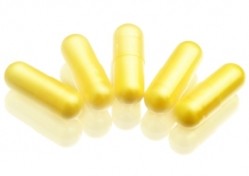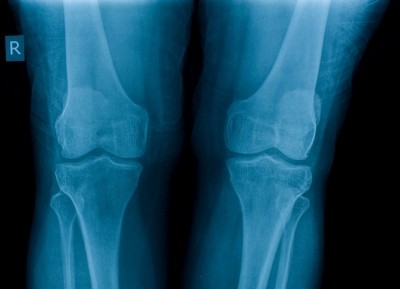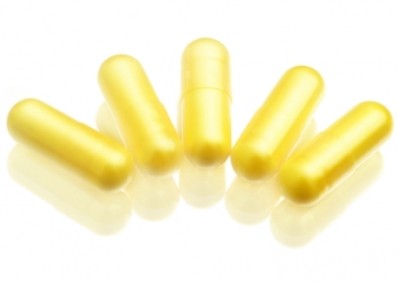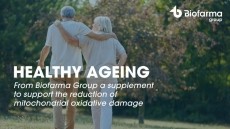More vitamin D may mean faster recovery from muscle injury

“Muscle weakness hinders millions of people worldwide every year and is mediated by a variety of conditions, including aging, disease, inactivity, limb immobilization, repetitive use, and intense or unaccustomed exercise,” explained the researchers in the journal Nutrients.
“In the present investigation, we reveal that muscular weakness after an intense exercise bout is abrogated with increasing serum 25(OH)D concentration prior to exercise. However, this was apparent immediately and several days (2-day and 3-day), but not 1-day, after intense exercise.”
The data indicate that maintaining vitamin D levels – as measured by 25(OH)D levels – could help diminish muscular weakness after intense exercise.
The study was performed by researchers from The Orthopedic Specialty Hospital in Murray, Utah, ARUP Laboratories, Salt Lake City, the University of Utah, Salt Lake City, USANA Health Sciences, the Intermountain Medical Center in Murray, and the LDS Hospital in Salt Lake City.
The sunshine vitamin
Vitamin D refers to two biologically inactive precursors - D3, also known as cholecalciferol, and D2, also known as ergocalciferol.
Both D3 and D2 precursors are transformed in the liver and kidneys into 25- hydroxyvitamin D (25(OH)D), the non-active 'storage' form, and 1,25-dihydroxyvitamin D (1,25(OH)2D), the biologically active form that is tightly controlled by the body.
Vitamin D is unique in that it can be both ingested and synthesized by the body with sun exposure. It is then converted by both the liver and kidneys to a form that the body can use.
An individuals' vitamin D status is determined by measuring the level of 25-hydroxyvitamin D in the blood.
Vitamin D deficiency, which is defined as a status of less than 20 nanograms per milliliter (ng/mL) of 25-hydroxyvitamin D, can cause a number of health issues, including rickets and other musculoskeletal diseases.
Recently, however, data suggests that vitamin D deficiency (<20 ng/mL) and vitamin D insufficiency (between 21-29 ng/mL) may be linked to cancer, autoimmune diseases, infectious diseases, type 2 diabetes and cardiovascular disease.
Study details
Led by Tyler Barker, the researchers recruited 14 recreationally active adults to participate in their study.
One leg was used for the muscle performance experiment, while the other acted as control, and compared to blood levels of vitamin D, and a series of other blood chemicals.
Results showed that, as expected, muscular weakness was observed in the exercise leg, compared with the control leg after the exercise protocol. Blood levels of vitamin D inversely predicted muscular weakness, said the researchers both immediately and several days after exercise.
“The novel finding of the present investigation was the inverse association between pre-exercise serum 25(OH)D and both immediate and persistent muscular weakness after intense exercise,” wrote the researchers.
“Given the feasibility of increasing 25(OH)D concentrations in the blood, future research investigating the influence of diverse vitamin D interventions on the alleviation of muscular weakness after muscular insult are encouraged in humans.”
Source: Nutrients
2013, Volume 5, Number 4, Page 1253-1275, doi:10.3390/nu5041253
“Higher Serum 25-Hydroxyvitamin D Concentrations Associate with a Faster Recovery of Skeletal Muscle Strength after Muscular Injury”
Authors: T. Barker , V.T. Henriksen , T.B. Martins, et al.















